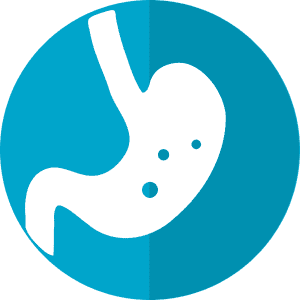By May 25th, 2021 the FDA will announce their decision regarding approval of Opdivo used in combination with chemotherapy for gastrointestinal cancers.
Back in December, Priority Review was granted to this therapy based on a successful Phase 3 clinical trial called CheckMate649. This investigation demonstrated that this therapy used in combination with chemotherapy led to both increased overall survival as well as progression-free survival.
Dr. Pishvaian from Johns Hopkins School of Medicine has answered some questions regarding this investigative therapy.
The Research
The findings from CheckMate649 comparing Opdivo in combination with chemotherapy compared to the treatment by itself were particularly noteworthy because past studies had demonstrated more mixed results.
This trial however was much larger than previous examinations using Opdivo or the similar therapy Keytruda. Therefore, it’s results are more trustworthy for the medical community. This trial demonstrated that this combination therapy can have life changing benefits for those with advanced stage 4 metastatic gastrointestinal and esophageal cancers. Researchers are hopeful they will see approval by the FDA for gastroesophageal junction cancer, metastatic gastric cancer, and esophageal adenocarcinoma. Currently, all of these cancers are incurable. But, this combination treatment could help patients live longer and improve their quality of life.
The current standard chemotherapy treatment for these patients is a doublet of two types of drugs. First, is floururacil, and the second is a platinum-based compound.
Side Effects
One benefit of immunotherapies is that they have now been used for over 10 years. Although there are side effects, the side effects are predictable.
Typically, between 70 and 80% of patients don’t experience any side effects. 10 to 15% of individuals experience moderate side effects. These are typically flu like symptoms which aren’t nearly as severe as chemotherapy side effects.
Additionally, 10% of individuals experience an autoimmune reaction. The adrenal or thyroid glands may be affected. Finally, 3% of patients experience severe autoimmune reactions where the liver or lungs are typically affected. In these types of reactions however, any organ may be attacked.
Thankfully, we know how to minimize how severe these reactions can be. We are able to reverse the effects using steroids or other types of immune inhibitors.
Ultimately, the combination of Opdivo used in combination with chemotherapy for gastrointestinal cancers has demonstrated to be the best treatment option for patients. The large scale trial and understanding of side effects of the therapeutics showcase that the risks far outweigh the benefits concerning patient survival.
You can read more about this combination treatment here.








